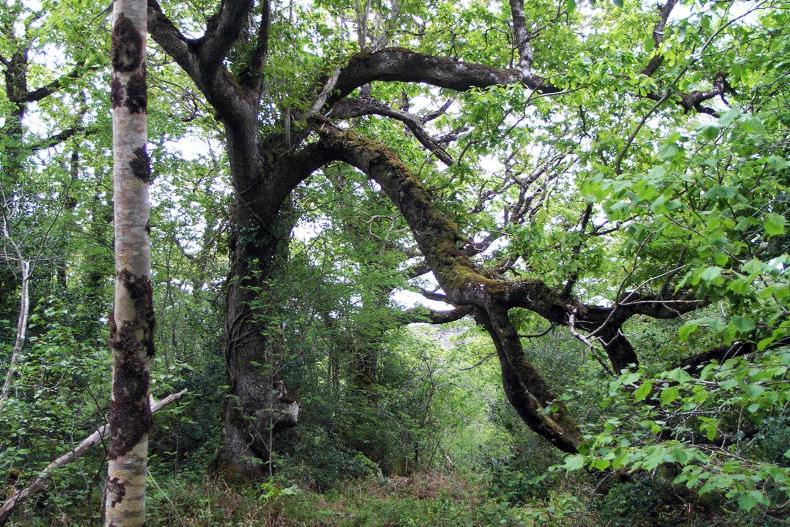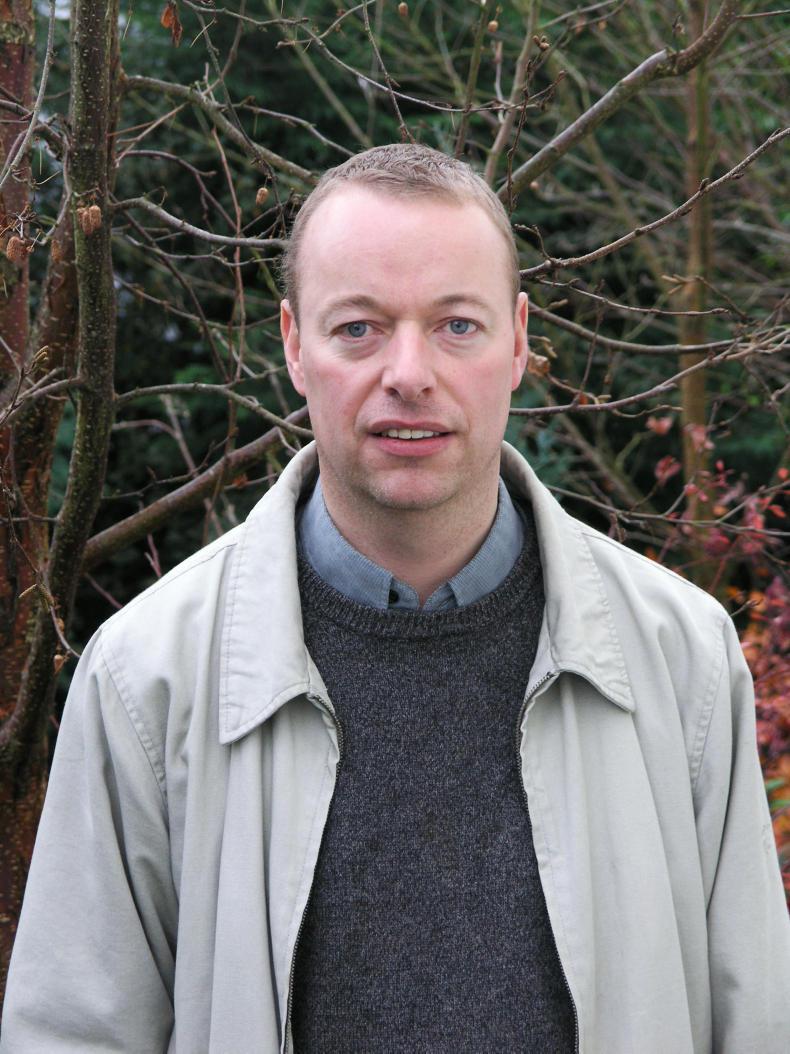Service is about little things and, thus, a culture of constant improvement – Tom Peters
While strategic issues such as land availability and funding form a key part of the mid-term forestry review, it’s often the little things that dictate the day-to-day performance of the sector.
Forestry companies, growers and the Department have agreed to meet monthly to monitor the performance of the forestry programme – in particular the annual afforestation element – to identify problems that are slowing down afforestation which is currently well behind the 7,140ha target.
This emphasis on detail will include delivery of prompt application and approval processes and a fair and effective appeals system, along with issues which forestry companies maintain are inhibiting the programme, such as recruitment of Department specialist staff and problems in map digitisation.
Appeals
Currently, a committee is being established to review the Agricultural Appeals Act 2001. The year after the act, an agriculture appeals office was established “to provide an independent appeals service to farmers who are dissatisfied with decisions of the Department of Agriculture, Food and the Marine”.
The Forestry Act 2014 provides for the establishment of a forestry appeals committee (FAC), which has yet to be appointed, much to the chagrin of a number of stakeholders, including the IFA and forestry companies.
A spokesperson for the Department outlined the current situation regarding the interim FAC, which is based in the agricultural appeals office in Portlaoise and will decide on appeals in relation to licence applications (Form 1) for afforestation, forest road works and aerial fertilisation and also with licence applications for felling.
“Appeals must be made within 28 days of the date of the decision, in writing, to the FAC based in the agriculture appeals office, Kilminchy Court, Portlaoise,” he added.
When the FAC is appointed, “membership will be drawn from the appeals office on a rotational basis,” he said.
“The interim chairperson is Thomas Kavanagh from the appeals office, pending the appointment of a permanent chair in the near future.
“The appeals unit in Johnstown Castle will continue to decide upon appeals on Form 1 decisions made prior to the commencement of the 2014 act. The agriculture appeals office will continue to deal with appeals against decisions relating to forestry payments.”
Recruitment
Forestry companies maintain that there is no permanent archaeologist in the Forest Service to deal with sites where archaeological inspections are required. They maintain that this is causing delays in planting, road making and issuing felling licences.
“The Department is in the process of filling an outstanding vacancy for an archaeologist,” the Department spokesperson said. “ In the meantime, the work on afforestation applications is being carried out by another archaeologist within the Department.”
Digitising maps
Forestry companies maintain that problems in digitising maps are resulting in delays of between four and six weeks in Form 2 approvals.
The Department spokesperson acknowledged that “a technical issue arose which affected a small number of files”, but added: “This is now resolved in respect of all files. The longest delay caused was two weeks and Form 2 payments are now issuing as normal.”
Disease threats to Ireland’s forest resource
The plant health of the island of Ireland has always been of a very high status, being protected from the pest population in mainland Europe by its island status and the prevailing westerly winds from the Atlantic. However, in recent years, the number of threats has been rising, possibly due to increasing globalisation and trade or global warming.
We have seen the devastating damage caused by Dutch elm disease and ash dieback to our native forest resource, but there are other diseases that threaten individual and forest trees. Recurring fungal and insect damage, such as annosus root rot and green spruce aphid, are a constant forest health threat, while new emerging diseases including Phytophthora species and Xylella fastidiosa need urgent investigation.
“Eradicating a pest is very difficult, as evidenced by the recent establishment of ash dieback and sudden larch disease in Ireland,” said Dr Richard O’Hanlon, who will present this year’s Sean McBride lecture on the threats posed by pests and pathogens to Ireland’s trees and forests.
“Future strategies should focus on prevention of pest incursion and establishment, through horizon scanning and regular surveys,” he said. “Members of the forest industry and the general public also have an important part to play in preventing new pest epidemics.”
Dr O’Hanlon is well positioned to lecture on this subject. A plant pathologist with the grassland and plant science branch of the Agri-Food and Biosciences Institute, Belfast, he currently manages an active plant pathology research programme, as well as overseeing the statutory testing of forest and crop samples for pathogens.
The Sean McBride lecture takes place on Thursday 5 October at 6pm in Theatre FS01, Agriculture Building, University College Dublin. There is no entry charge to the event organised by the Society of Irish Foresters. Further information from www.societyofirishforesters.ie/diary-dates/ or call 086-258 2240.






 This is a subscriber-only article
This is a subscriber-only article











SHARING OPTIONS: